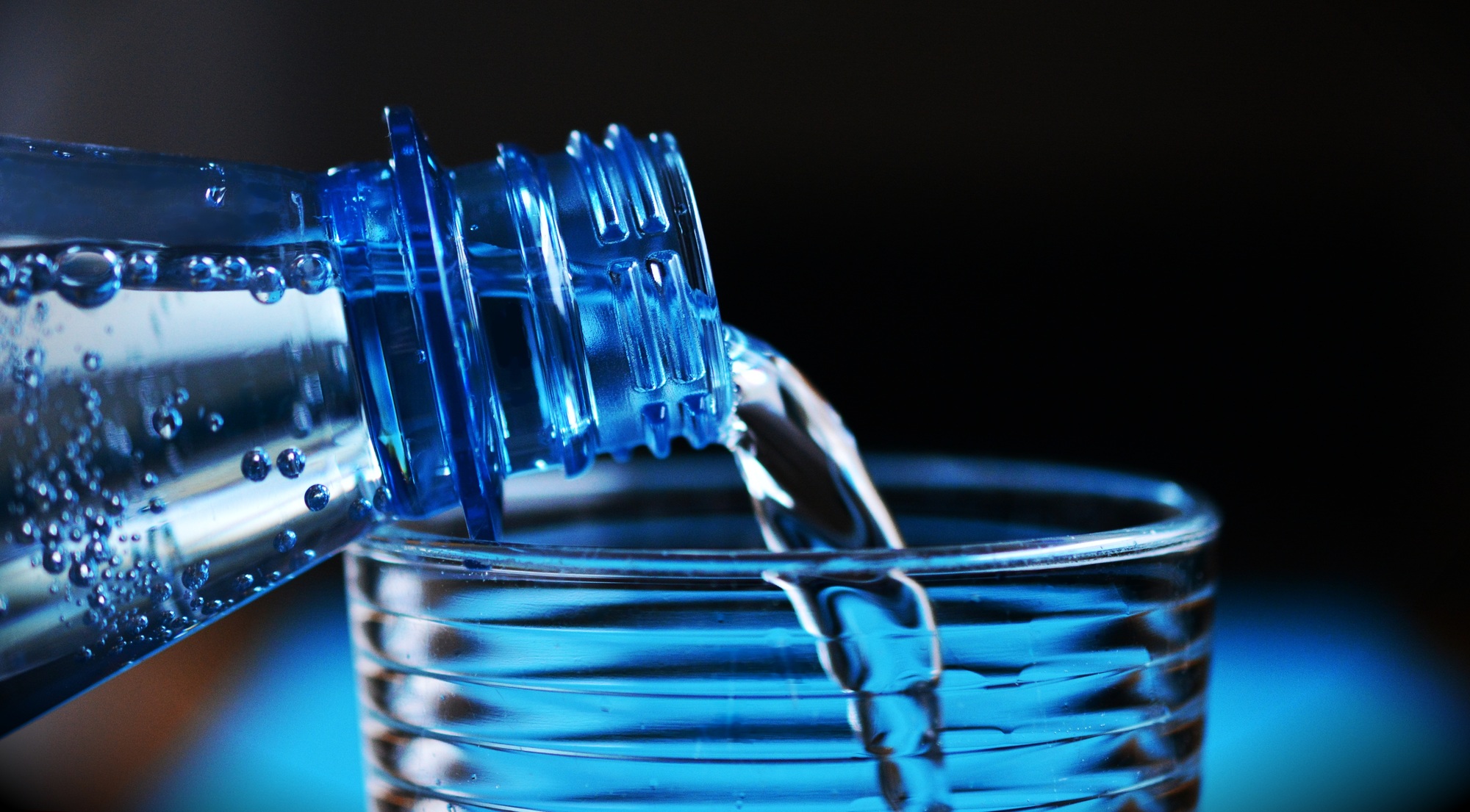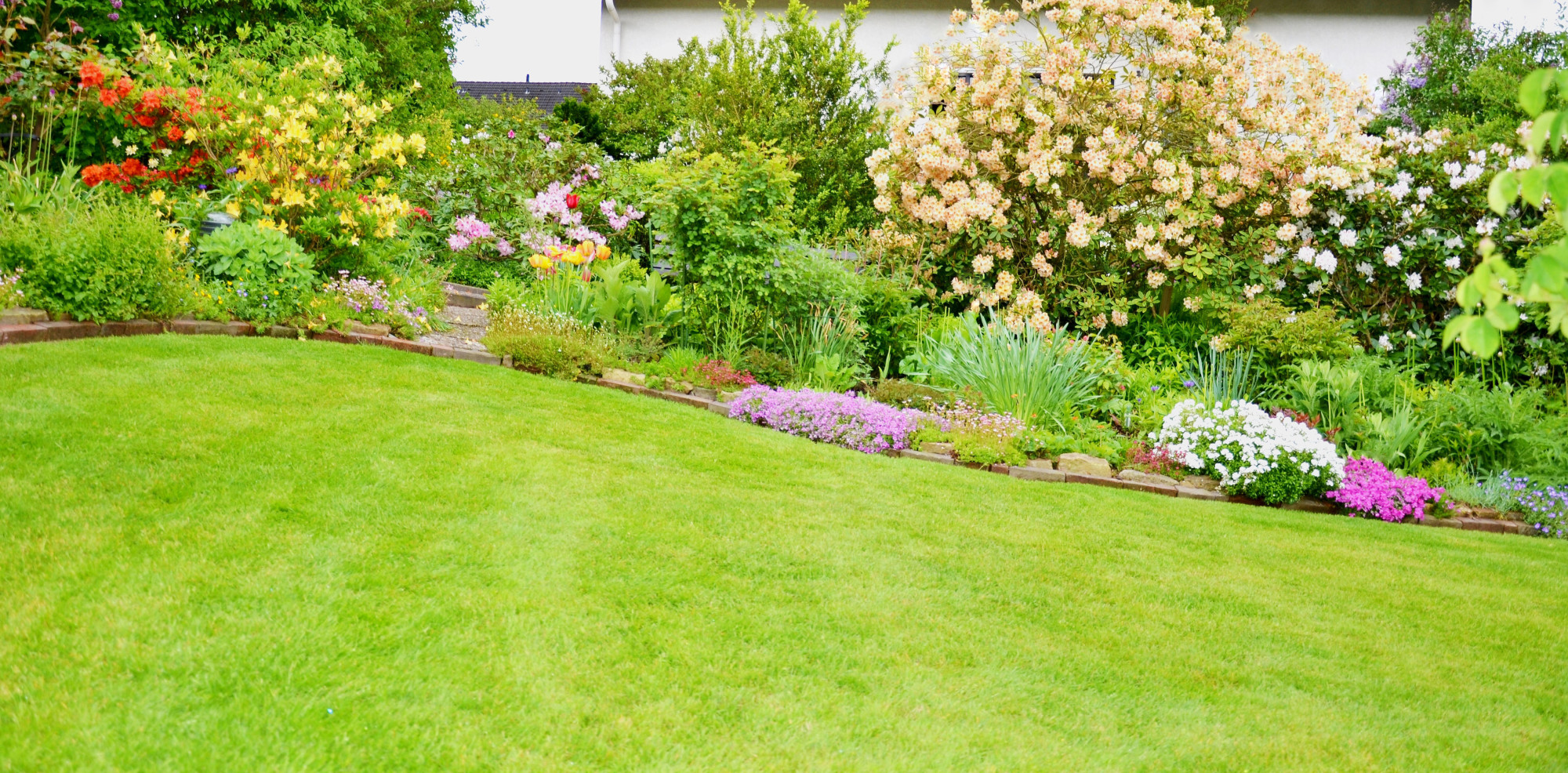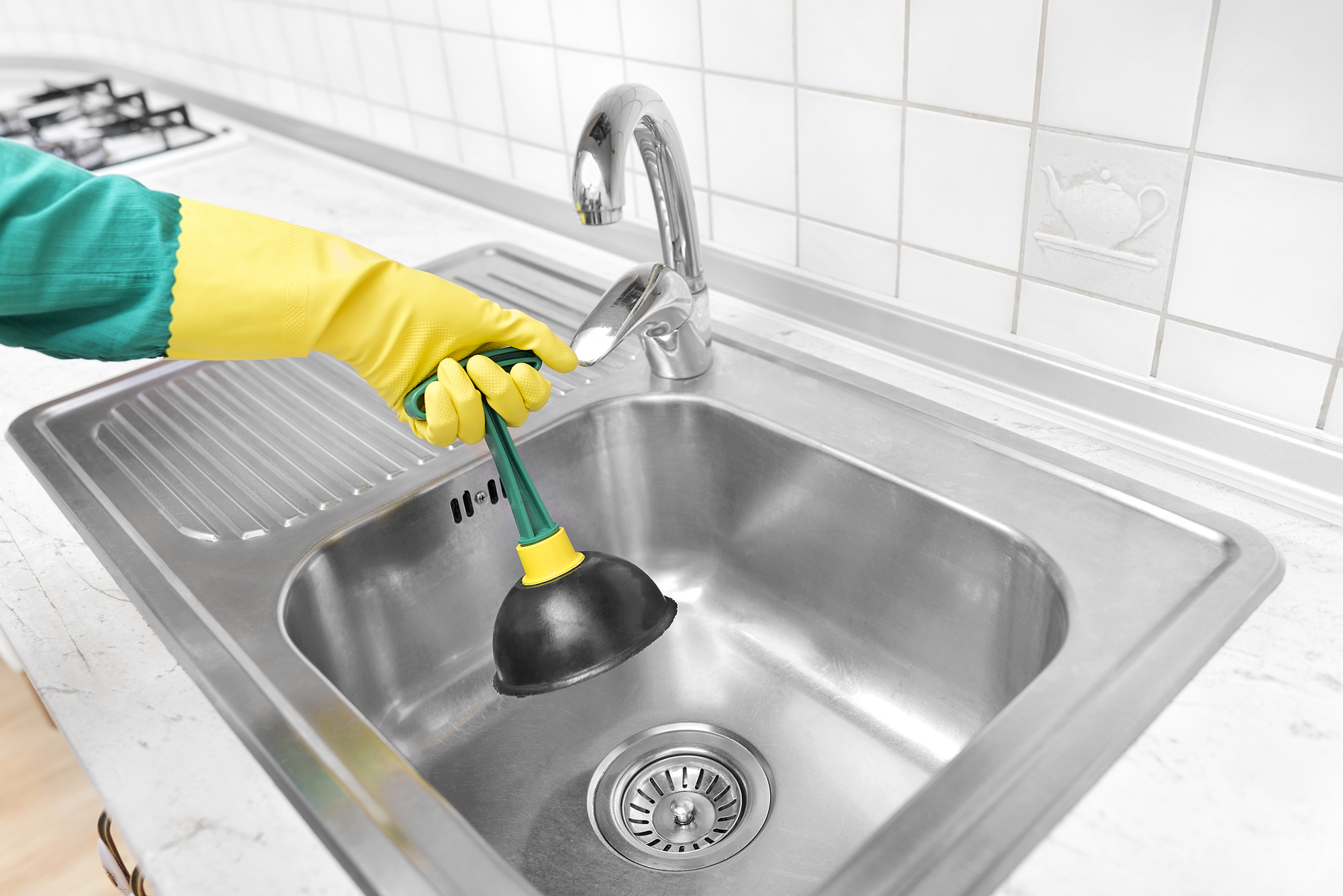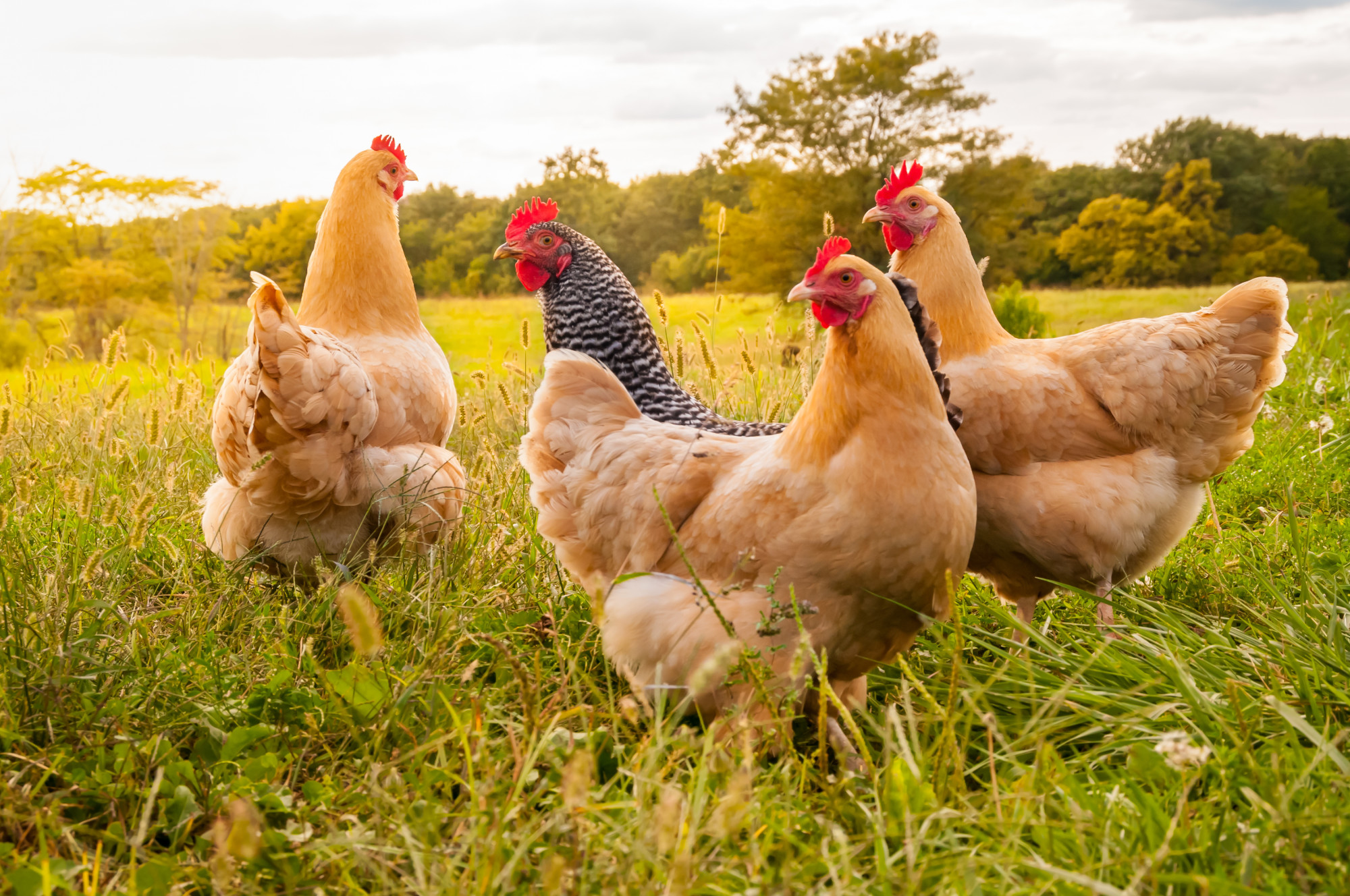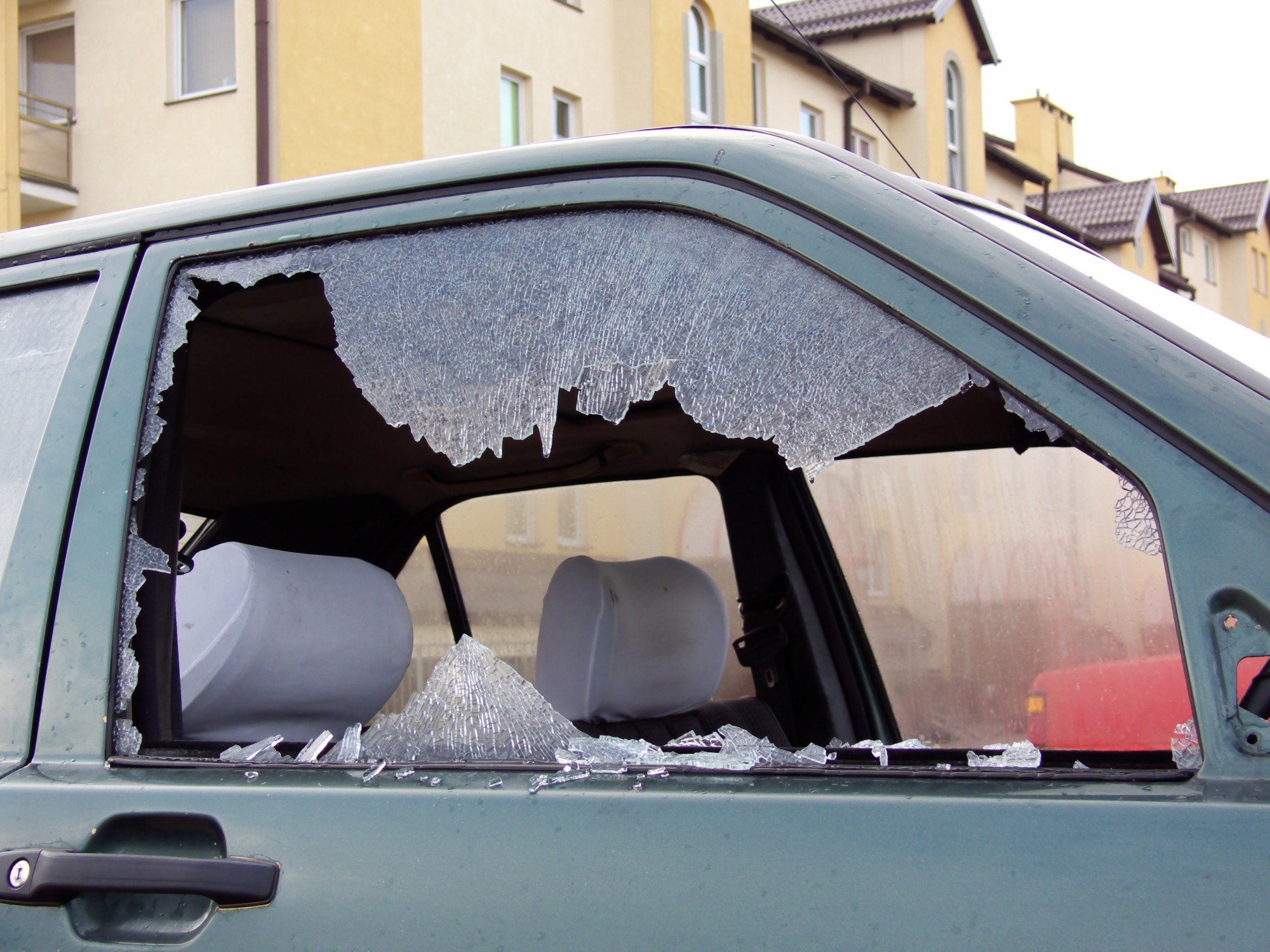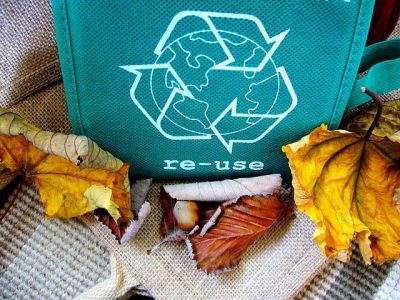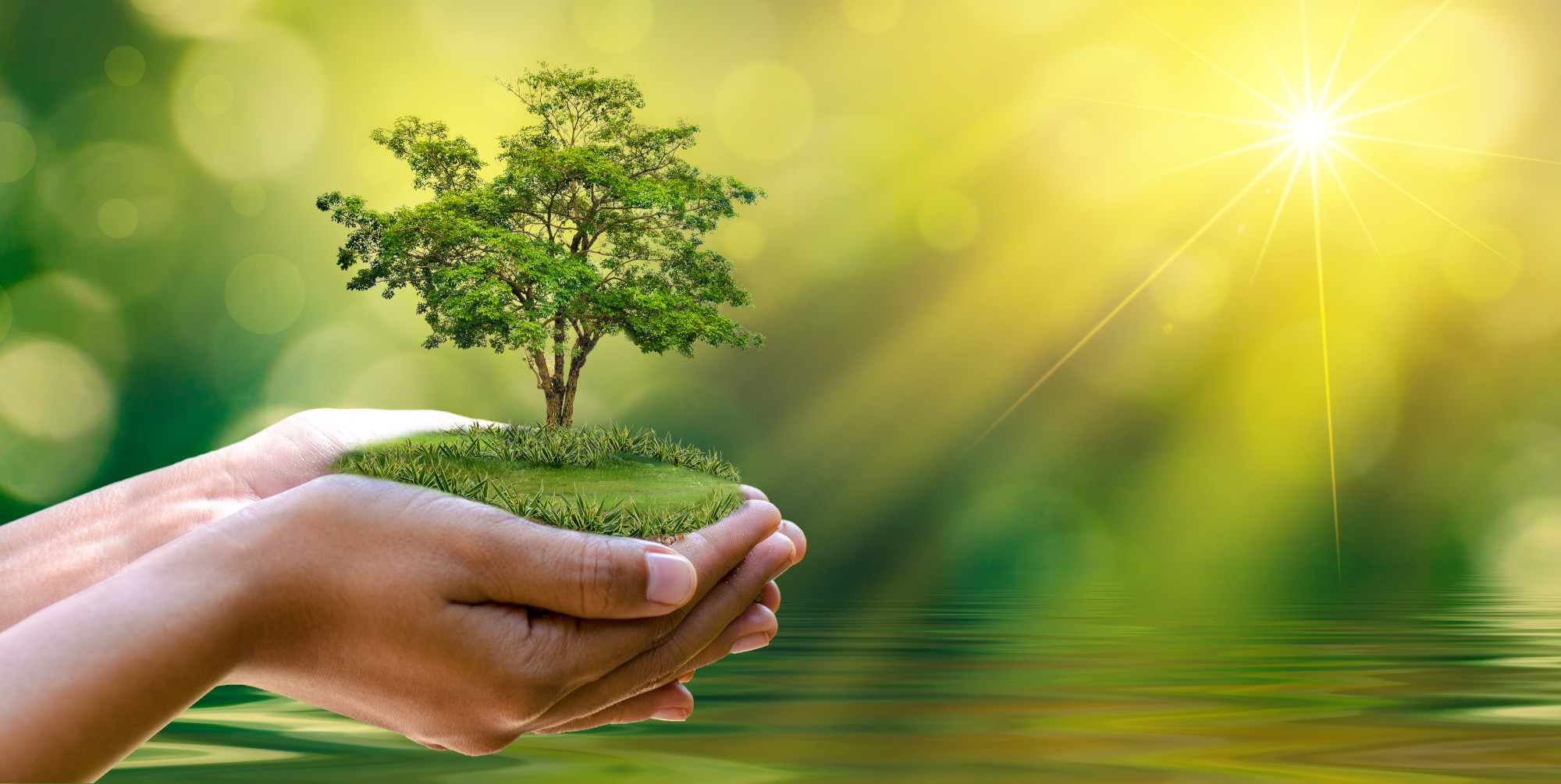Every minute, one million plastic bottles are bought across the globe. Of this huge number, only nine percent are being recycled.
Now, plastic has hundreds of benefits such as being resistant to chemicals and other “aggressive environments”.
As a result, it is the best material we can use for keeping food safe from harmful bacteria, and in the medical industry. It is also lightweight and inexpensive.
But, are you used to drinking your favorite drinks out of plastic containers? If so, here are 4 dangers of plastic on the environment and our planet as a whole.
Let’s take a look at how reducing your own personal plastic usage (from water bottles to single-use food packages) could help clean up our planet:
1. Plastic Bottles Cause Pollution All Around the World
How many beaches have you been to where you need to first move a few plastic bottles before you can sit down?
Sounds gross, but this is becoming the norm in many countries and on many beaches.
Next time you take a walk on a beach, count how many bottles you can see. Better yet, collect them up yourself and recycle them!
2. Plastic Bottles Stick Around for 450 Years
Perhaps one of the biggest problems with plastic is that it doesn’t decompose quickly. A single bottle takes 450 or more years to decompose.
The more waste we produce, the higher the stack will become. Those plastic bottles you used for just a few moments to drink your water from will be around for a long, long time yet.
3. Plastic Kills and Harms Wildlife
We’ve all seen the images of animals in the wild dead and full of plastic. This is a horrendous reality of plastic waste.
Not only does the material first harm animals, but it may also kill them. Animals, birds, and fish can become trapped by plastic, or mistake it for food.
By consuming plastic, many will die from suffocation or infection. This is happening the whole world over.
Blue Planet, the British TV documentary, showed the true effects of what plastic can do to animals.
As a result, businesses in the UK and making a move to stop the use of single-use plastic. How can we implement changes in our own lives?
4. Plastic is Harming Humans too
We may mourn the deaths of animals for a short time but not make large changes until we realize that humans are also at risk.
We are now finding that as fish are eating plastics, so are we. As we catch and eat these animals, there are small bits of plastic that we’re ingesting too.
In fact, in 114 aquatic species, researchers found microplastics. Why are we feeding our children plastic?
We wouldn’t want our children to suffer from thyroidism and alcohol, so why don’t we take plastic pollution seriously too?
There are Dangers of Plastic But Don’t Forget Your Carbon Footprint
Wondering how you can make a difference in the world? Begin by assessing your lifestyle to see where you can make changes.
Small changes can make a big difference when it comes to reducing the dangers of plastic. Stop buying single-use plastic bottles and buy one stainless steel option for long-term use instead.
Make sure you are recycling your plastics properly. Put pressure on your local supermarkets to allow for refillable products.
Overall, don’t get too consumed by how awful plastic pollution is. It’s our carbon use that is causing climate change.
To reduce your carbon footprint, give up meat and dairy and eat local, drive and fly less, don’t purchase fast fashion projects. Finally, pressurize your local government to bring in new policies to also reduce your town’s carbon footprint.
Sounds like hard work? It’s the only way we can truly save our planet. Need more inspiration? Check out our post on 5 psychological benefits of being more eco-friendly.

